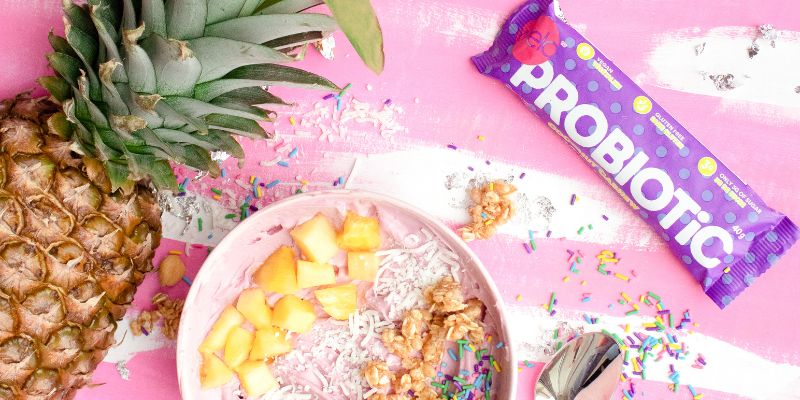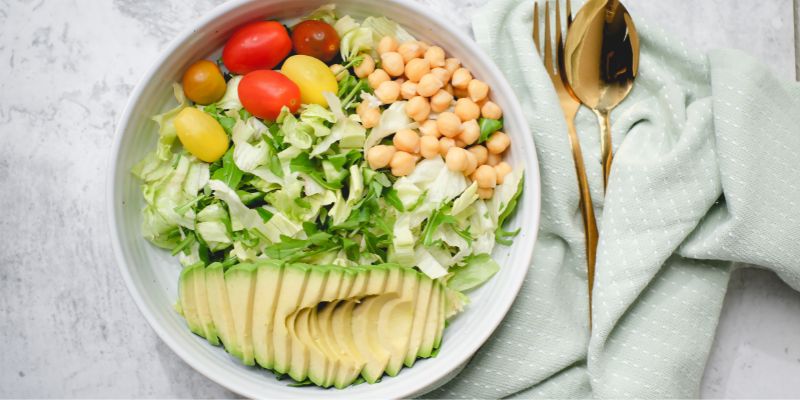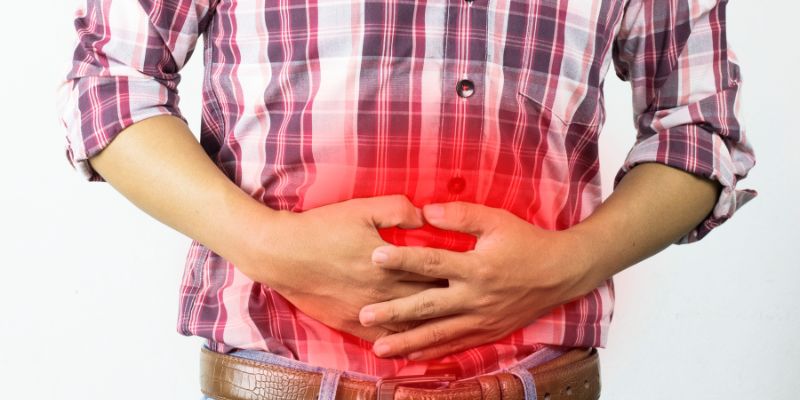Can Probiotics Ease Constipation? Everything You Need To Know
Feeling stuck because of constipation? Its a common problem, and probiotics might help. These are tiny, good bacteria living in your gut, helping to keep things moving smoothly. When your gut is out of balance, it can cause discomfort and slow digestion. Probiotics work to bring balance back, making digestion easier. In this article, we look at how probiotics work, their role in gut health, and how they might help with constipation. If youre looking for a simple way to feel better, probiotics could be the answer. Lets find out more!
What Are Probiotics?
Probiotics are tiny, live bacteria that are good for your body. They live in your gut and help it work well. These bacteria are not harmful; instead, they keep your gut healthy by fighting off bad bacteria and helping with digestion. Probiotics play a significant role in keeping your gut balanced, which can affect your overall health. When your gut is balanced, its easier for your body to break down food and absorb nutrients. This balance can also help with problems like constipation, making probiotics important for better gut health.
How Probiotics Work in the Digestive System
Probiotics help your gut by adding more good bacteria. Your gut is full of bacteria, but sometimes the bad ones take over, causing problems like constipation or upset stomach. Probiotics bring balance by increasing the number of good bacteria. These bacteria help break down food, making it easier to digest. They also produce helpful substances that keep the gut lining strong. This balance reduces discomfort and helps your digestive system work better. By fixing the balance, probiotics may also help you go to the bathroom more easily.
Sources of Probiotics

You can find probiotics in many foods and supplements. Yogurt is one of the most common sources because its made with live bacteria. Fermented foods like kimchi, sauerkraut, and miso are also full of probiotics. These foods are natural ways to add good bacteria to your gut. If you dont eat these often, probiotic supplements are another option. These come in pills, powders, or drinks and are easy to add to your daily routine. Eating or taking probiotics regularly can help keep your gut healthy and ease problems like constipation.
What Causes Constipation?
Common Triggers of Constipation
Constipation often happens because of simple daily habits. A diet low in fiber is one big reason. Fiber helps move food through your system, so without enough, things can slow down. Not drinking enough water also makes it harder for your body to pass waste. Staying still for long hours, like sitting at a desk all day, can add to the problem. Exercise helps keep your system moving, so a lack of movement can lead to constipation. These common habits can make a big difference in how your body works.
Medical and Lifestyle Factors
Sometimes, constipation is linked to health issues or lifestyle changes. Hormonal changes, like during pregnancy, can slow digestion. Stress is another factor; it can upset the way your body works, including how often you go to the bathroom. Certain medicines, like painkillers or antidepressants, can also make you constipated as a side effect. These medical and lifestyle factors add to the challenge of keeping a stable gut.
How Gut Health Impacts Constipation
Your gut health plays a key role in how your body handles waste. Good bacteria in your gut help break down food and keep things moving. When the balance of bacteria is off, it can lead to constipation. Harmful bacteria might take over, making it harder for your system to work well. Probiotics, which add good bacteria, can help bring balance back. Keeping your gut healthy is important for regular and comfortable bowel movements.
How Probiotics May Help with Constipation
Improving Gut Motility
Probiotics can help the gut work more smoothly by boosting its natural movement. Some types of good bacteria send signals to the gut muscles, helping them push waste through the system. When the gut moves better (and healthier), it becomes easier to have regular bowel movements. This is especially helpful for people whose digestion has slowed down. Adding probiotics to your routine may make your gut more active and reduce constipation problems over time.
Enhancing Stool Consistency
Probiotics can also improve the texture of stools, making them easier to pass. Certain beneficial bacteria add water to the stool and help break it down so it becomes softer. Hard, dry stools are a common issue with constipation, and probiotics address this by balancing the gut environment. A healthier gut means waste moves through in a smoother, more comfortable way.
Reducing Inflammation in the Gut
Inflammation in the gut can make digestion slow and uncomfortable. Probiotics help by calming the irritated areas of the digestive system. They create a healthier balance of bacteria, which can reduce swelling and pain. When the gut feels better, it works better, too. This means digestion speeds up, and waste is processed more efficiently. Probiotics not only ease discomfort but also help restore normal gut function.
Other Natural Remedies To Ease Constipation

Adding More Fiber to Your Diet
Eating more fiber can help with constipation by improving digestion. Foods like fruits, vegetables, and whole grains add bulk to stools, making them easier to pass. Fiber also helps the gut move waste through the system more quickly. It is important to include both soluble and insoluble fiber in your meals. Soluble fiber softens the stool, while insoluble fiber helps it move along.
Staying Hydrated
Drinking enough water is key to keeping your gut healthy. When your body doesnt have enough water, stools can become hard and difficult to pass. Liquids in the body soften stools and support smoother bowel movements. Drinking plenty of water can make a big difference. Herbal teas and water-rich foods like cucumbers and oranges can also help keep you hydrated. A well-hydrated body means a more comfortable (and normal) digestion process.
Regular Exercise and Movement
Physical activity can boost gut health by helping waste move through the digestive system. Exercise, like walking or stretching, stimulates the muscles in your gut, improving motility. Even simple activities like taking a short walk after meals can make a difference. Regular movement keeps your gut active and can reduce bloating and discomfort. Making exercise a part of your routine is a natural way to ease constipation and promote overall well-being.
When to Seek Medical Advice?
Probiotics may help ease constipation, but they arent always enough. If constipation becomes chronic (persistent) or is paired with other troubling digestive symptoms, its time to seek medical advice. While probiotics are generally safe, some people may experience temporary side effects (like minor bloating or gas). These issues often resolve as the body adjusts, but a doctor can help if discomfort continues. For severe or ongoing (chronic) cases, consulting a healthcare provider is important. They can create a personalized treatment plan to address underlying issues and find the most effective solution for long-term relief.












